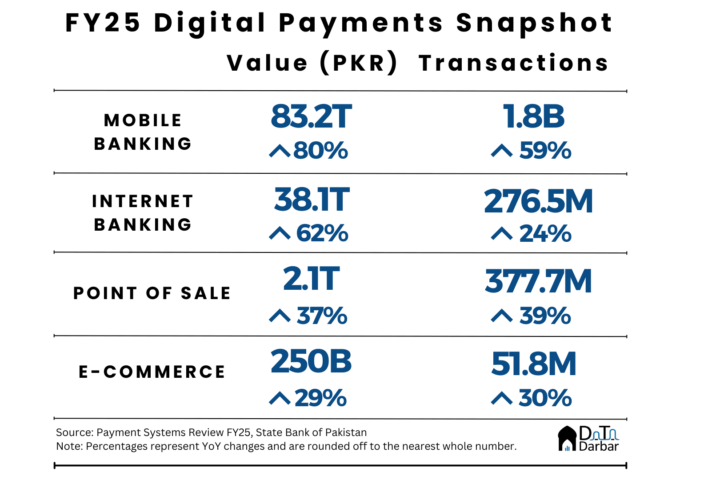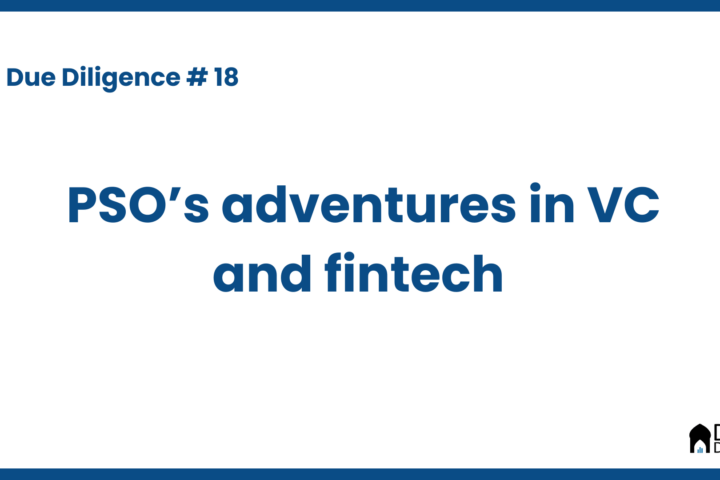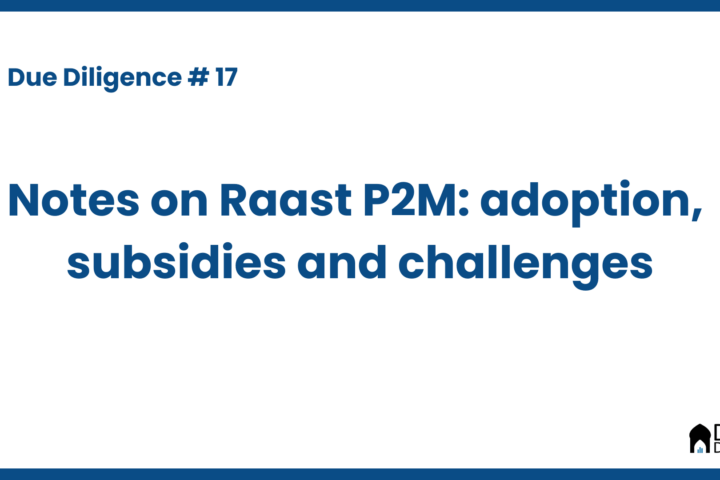Tez Financial Services is a Karachi-based fintech startup, offering nano loans digitally, and without any paperwork. A loan you can get in as little as 15 minutes.
What exactly is a nano loan? It’s like microfinance, but smaller, in terms of both amount and maturity. So while micro would be lending somewhere around Rs10,000 to a few hundred thousand with maturity generally between 4-24 months, nano gives out Rs1,000-5,000 with maturity usually up to a month. Think of it this way: where microfinance is meant for medium to long-term needs, nano is largely for cash flow management.
How does its work? Download Tez — on android, upload your CNIC pictures along with a selfie (with CNIC) for verification, and answer 12 questions on income and other details to apply for Tez advance. Based on artificial intelligence, a credit limit will be assigned and you can then decide on the term limit.
And finally, the amount will be transferred to your mobile account (Easypaisa etc), but in case you don’t have one, the app will direct you to one. The money can be either collected from an agent or used via an e-wallet. Moreover, they also offer free health and life insurance (Tez Bima) valid for the loan term in partnership with EFU Life and Jubilee General.
It sounds very complicated in text, but it’s quite simple, especially compared to traditional microfinance institutions where loan approval can take ages. And that’s exactly their unique selling point: nimbleness. “Our process doesn’t take more than 15 minutes, neither is there any need for collateral of any sort,” CEO Nadeem Hussain says.
No collateral, mostly no credit history or background checks, so how does Tez ensure recoveries? Well, as is obvious, only the applicants who check certain boxes according to the company’s algorithms get their loans approved. And what if one doesn’t pay back? Then he’s reported to the credit bureau, limiting his/her chances to borrow in the future.
But since it’s quite new, there is not enough data to have very refined algorithms and that means a greater risk of default as well as higher interest rates. “Both these rates will come down once we have more data, but for now we’ll have to bear with high default rates while customers will be charged more in markup,” Nadeem says.
Given such small amounts, Tez’s market is the blue-collar workers, housewives, retirees, and students. While their source of revenue is the markup charged (non-cumulatively) on each loan, which is paid along with the principal. Other than that, Rs20 are charged upfront as a processing fee.
The startup just raised $1.1 million in seed money from Omidyar Network – eBay Founder Pierre Omidyar’s impact investment firm, Accion Venture Lab, and Planet N. This investment will be used for building a credit lending portfolio, technology upgrade, and obtaining a non-bank microfinance company license.
The company was launched the beginning of this year when two young credit risk analysts and microfinance specialists — Naureen Hyat and Hamza Hussain — joined forces with a veteran banker and Tameer Microfinance Bank (now Telenor Bank) founder, Nadeem Hussain.
Tez’s brand equity lies in two things: (lending through) tech and data science. And at the moment both have been outsourced. The former is done by Venturedive – the IT firm looking after Careem’s system – while Nexdegree oversees the latter. How exactly can a startup hope to succeed if its core offerings are being done by someone else?
“We are too young a startup to be able to afford development and analytics on our own so we partnered up these companies, where there’d be specific teams working on Tez and after a certain timeframe, will join us,” Nadeem explains.
Globally, the microfinance industry has come under fire for its exorbitant interest rates. Nano-finance, given even greater risks, ought to have higher interest rates (currently around 15 percent a month).
“With nano, we are moving away from that high-operational cost model. Since it will be based on tech, it will drastically bring down the operational costs, and reduce the interest rates,” he says.
Nano finance is relatively new with only Telenor venturing into this territory. Other telcos and banks are likely to follow suit. So how does a local startup hope to stay in the game when goliaths decide to fight it out?
“I am not too concerned about banks, to be honest; they will hurt their brand with such default and interests rates and probably end up cannibalizing their core business,” Nadeem says.
Telcos on the other hand “have access to the huge feature phones market and data which provides them with potential to penetrate deeper. But the data I have, albeit covering a smaller chunk, will be richer than theirs. Plus the smartphone market is set to grow,”
Moving forward, Nadeem hopes to transform it into a full-stack digital bank, venturing into savings and other products, with eyes already set on series A funding by June next year. The brain behind EasyPaisa and Telenor Bank, Nadeem is optimistic that this is time for tech and nano.
This article previously appeared in Dawn.




